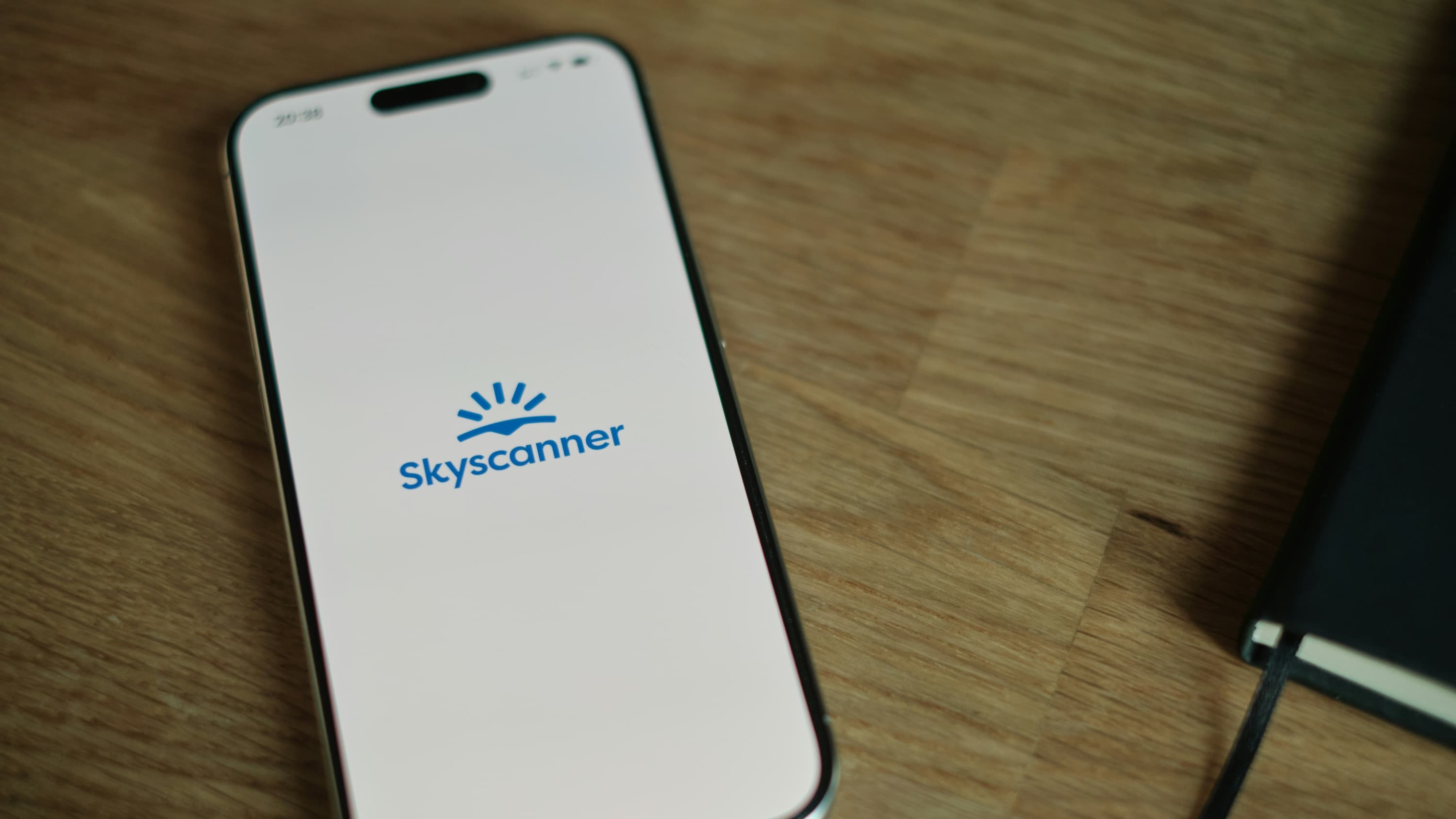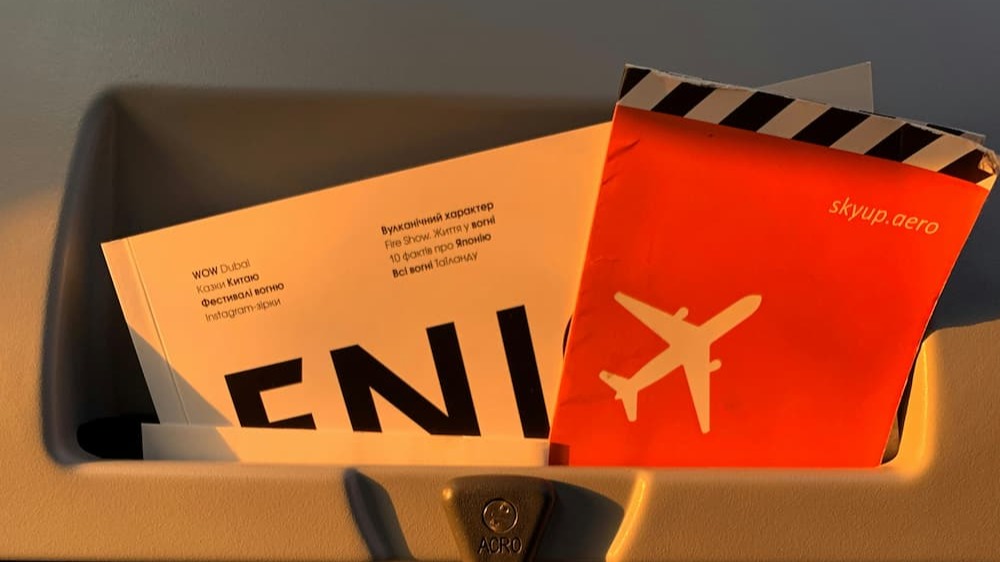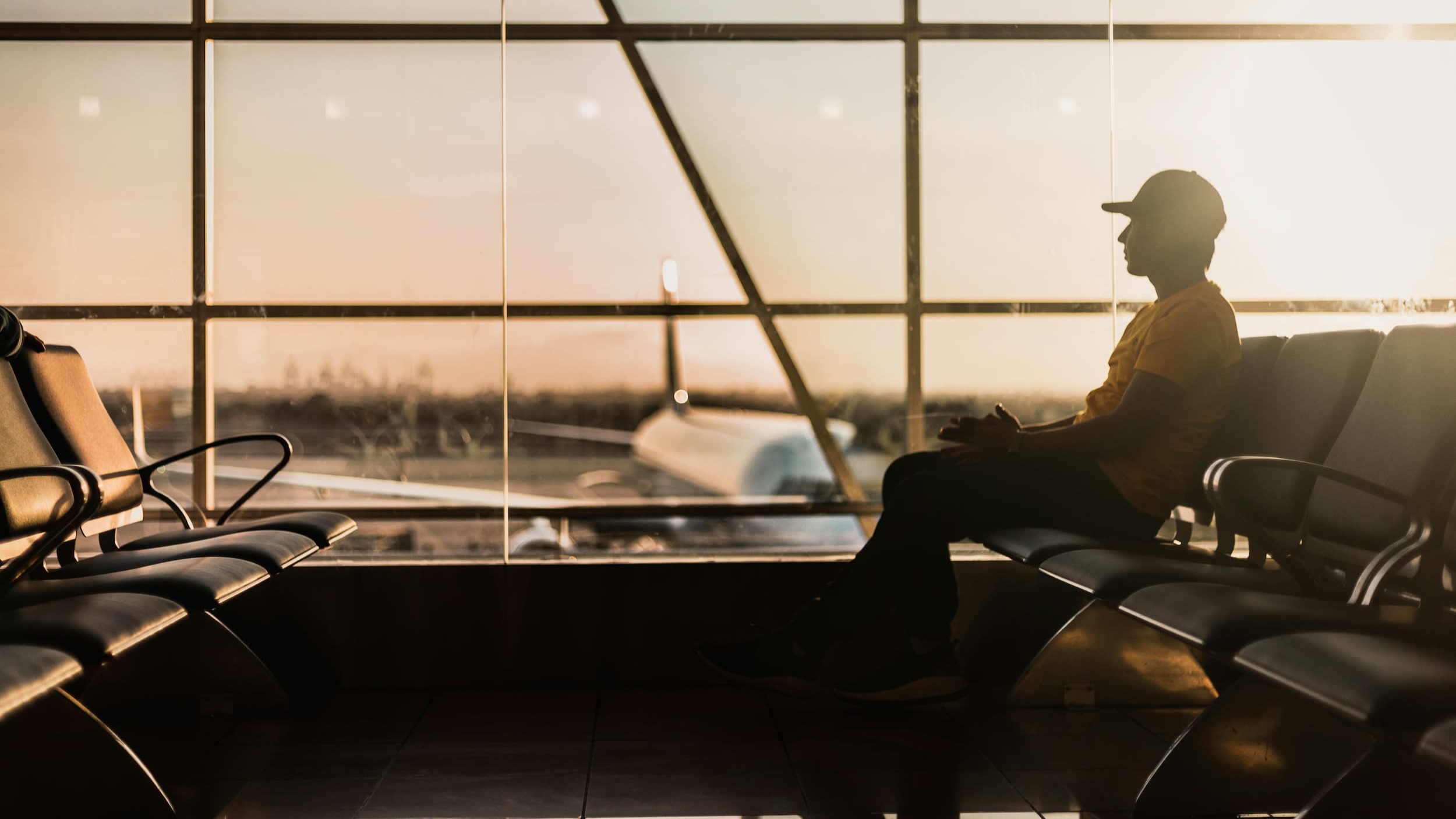Airbnb commissions for hosts: What percentage does the platform charge?
Types of Airbnb commission fees for hosts
Airbnb is a favorite option for many Mexicans seeking income through rentals.
However, once you’ve successfully created a popular Airbnb listing and started earning, you’ll need to account for Airbnb’s commission fees. Simply put, you’re paying a fee for using their platform to rent out your property.
Now, Airbnb’s commission isn’t fixed—it’s based on two primary fee structures:
1. Split-fee structure. This type of commission is split between the host and the guest. It’s one of the most common options on Airbnb, where both parties pay a different rate.
2. Host-only fee. Here, you, as the host, cover 100% of the commission, while the guest doesn’t pay anything to Airbnb. It’s not a common model but is mandatory for certain property types.
This model applies to listings such as:
It also applies automatically to hosts using management software, except for properties located in countries like Mexico, the United States, Canada, and several others.
How much does Airbnb charge the host?
We’ve outlined the available fee structures, but how much does Airbnb take in commission?
Here are the details:
Split-fee structure
As a host, you’ll need to pay 3% of the subtotal for each reservation if you opt for the split-fee model. This includes the nightly rate and any other amounts you charge the guest but excludes taxes and guest service fees.
The percentage is automatically deducted from your earnings.
Guests, on the other hand, usually pay a 14% service fee, though this can vary depending on factors like the length of stay, the type of reservation, and the currency used. If the currency differs from the one you’ve set, the fee might increase.
Host-only fee
What percentage does Airbnb charge the host?
In this case, Airbnb charges between 14% and 16% of the reservation’s subtotal, which is deducted before you receive your payment.
However, this also varies. For instance, if you have strict cancellation policies, the fee might be higher. And for long-term stays of 28 nights or more, the commission could be lower.
Remember, this type of fee is exclusive to traditional accommodations or if you use management software.
Airbnb commission: How to calculate it
To calculate the Airbnb commission, multiply the total reservation amount by the percentage set by the company.
Let’s say you secure a booking for 3 nights, with each night priced at 2,000 MXN, and you also offer a cleaning service for 500 MXN. This gives you a subtotal of 6,500 MXN, from which Airbnb will take its 3% fee (195 MXN) and deduct it from your earnings.
Here’s the formula:
Nightly rate: 2,000 MXN × 3 nights = 6,000 MXN
Cleaning fee: 500 MXN
Subtotal: 6,500 MXN
3% commission: 6,500 MXN × 0.03 = 195 MXN
Net earnings: 6,500 MXN - 195 MXN = 6,305 MXN
This is a basic example, as you also need to consider other factors such as:
Payment processing fees
Currency exchange rates
Cancellation policies
Not to mention paying local taxes and VAT, which is one of the downsides of being an Airbnb host.
Why does Airbnb charge service fees?
The answer is simple: to cover platform maintenance and operational costs, which help improve the experience for both guests and hosts.
The service fee is used for:
Customer support. Part of the commission is allocated to customer service to provide 24/7 assistance. This ensures both guests and hosts can find solutions to any problems.
Marketing and promotion. Airbnb invests in campaigns to advertise its website and stay competitive in the market. They also promote your listings for greater visibility, which can increase bookings.
Maintenance. All platforms must improve their tech infrastructure to keep things running smoothly. Airbnb is no exception.
Security and protection. Commissions also allow Airbnb to provide security for you and your property. An example of this is the damage protection programme it offers to its hosts.
In summary, the commissions help the platform function as it does, ensuring a secure and efficient experience for all parties involved.
Want to reduce your costs when using Airbnb?
Link your DolarApp account to your payment methods. By using this app, you can benefit from favorable exchange rates and fewer fees when converting your money.
This means it can help you cut down on additional costs that traditional banks or international credit cards typically apply.
Plus, it’s a quick alternative to manage your payments in dollars.
FAQs
How is the Airbnb cleaning fee calculated?
The cleaning fee is set by each host based on the costs incurred to prepare the accommodation for new guests. This fee is added to the total reservation cost and displayed separately.
Where can I see my service fee?
You can check it by accessing any reservation from your calendar or income dashboard on Airbnb. The detailed price breakdown will clearly show the service fee separately.
Do guests know what they’re paying in service fees?
Yes. Guests can see the service fee they’ll be charged before confirming their reservation. By clicking on “Price breakdown” during checkout, they’ll see how much they’ll pay in service fees.
 Work and Travel
Work and Travel 

 Work and Travel
Work and Travel 
 Work and Travel
Work and Travel 
 Work and Travel
Work and Travel 